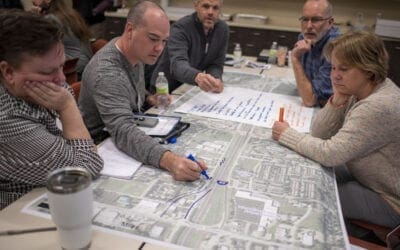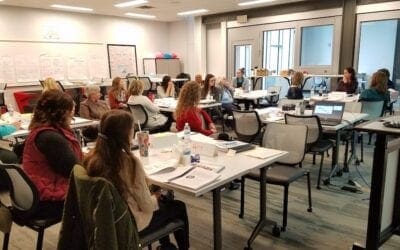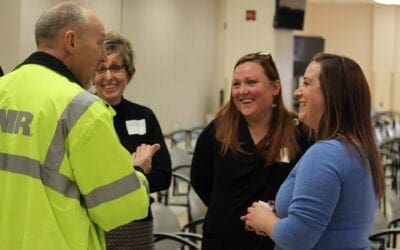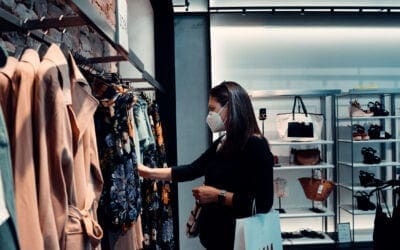Keep Your Loved Ones Safe — Risk Considerations for the Holiday Season
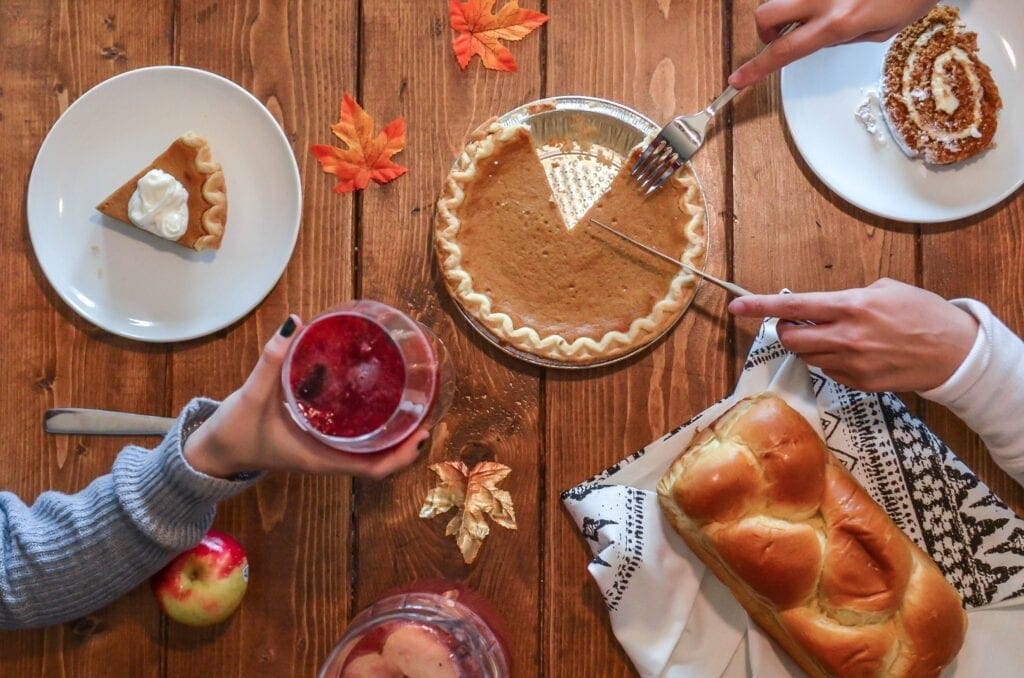
We know how important it is to celebrate holiday traditions and connect with loved ones, especially during a year like this. Fall and winter holidays usually include large get-togethers of family and friends, celebrations, and travel. Unfortunately, some traditional festivities may put people at increased risk for COVID-19 this year. To keep our loved ones safe and healthy, we need to adapt our Thanksgiving traditions and celebrate at home this year.
Attending a holiday gathering with people who do not live in your household increases your chances of getting COVID-19 or spreading it to others. The safest way to celebrate Thanksgiving is with people from your household, instead of hosting or attending a large get-together. Although it may look different this year, there are ways to adapt your Thanksgiving traditions to protect yourself and the people you love.
Know the Risks
COVID-19 is a respiratory illness that spreads through respiratory droplets when an infected person coughs, sneezes, sings, talks, or breathes. An exposure occurs if you are within 6 feet of an infected person for 15 cumulative minutes or more. In general, the more closely you interact with others, and the longer that interaction, the higher the risk of COVID-19 spread.
Gathering indoors presents a higher risk of transmitting or contracting COVID-19. Socializing outdoors presents a lower risk than indoors. When you’re outside, fresh air is consistently moving and can disperse respiratory droplets. When you’re indoors, you’re more likely to inhale these droplets because you’re sharing more air than you do outdoors.
Consider the following risk levels when deciding on your Thanksgiving plans this year:
Low Risk
- Celebrating at home with members of your household
- Virtual gatherings
- Watching parades, sporting events, and movies at home
- Shopping online
Medium Risk
- Small outdoor gatherings
- Mask wearing and social distancing from those not in your household
- Plated meals or bringing your own food, instead of a buffet
High Risk
- Large gatherings, especially indoors
- Potlucks, buffets, or other shared food
- Places with crowds, such as stores, parades, running events, and sports
- Contact with anyone who is sick or may have been exposed to COVID-19
- In-store shopping
If you do decide to host or attend a small gathering with people outside of your household, the best course of action is to avoid contracting COVID-19 in the two weeks leading up to Thanksgiving. Limit your outings to only necessary trips. Use curbside pickup instead of shopping or eating indoors. Practice physical distancing and do not gather in large groups. Always wear a mask and wash your hands frequently. By reducing your risk of exposure, you can reduce the risk of unknowingly spreading COVID-19 to your loved ones during Thanksgiving.
Additionally, in the two weeks after Thanksgiving, you should avoid prolonged contact with people outside of your household in the event you contracted COVID-19 from the small gathering.
Safe Alternatives
Find alternative ways to connect with loved ones you do not live with – especially those who are at a higher risk of getting very sick from COVID-19. Prepare traditional recipes for family members or neighbors and deliver a meal to them. Or host a virtual gathering with family and friends to eat, play games, and share recipes together.
Black Friday
Black Friday shopping usually involves large groups of people crowded together indoors, making it a high-risk activity. Look for alternative ways to do your holiday shopping safely this year.
Many stores are changing Black Friday plans and offering more online deals or curbside pickup to reduce crowds and eliminate the need to rush into stores. Plan to do your in-person holiday shopping at less busy times so you can practice physical distancing in the stores. Always wear a mask that covers your nose and mouth to protect the people around you.
No matter how you choose to celebrate Thanksgiving this year, the Jackson County Health Department wants you to keep the following in mind:
- Social distance at least six feet from people you do not live with.
- Wear an appropriate mask that covers your mouth and nose when interacting with people you do not live with.
- Clean your hands with soap and water or hand sanitizer often.
- Keep it local. Travel can increase your chances of catching and spreading COVID-19.
- Stay home if you feel sick or have had contact with somebody who has COVID-19.
Sources
Archives
- February 2026 (1)
- December 2025 (1)
- November 2025 (2)
- September 2025 (1)
- July 2025 (2)
- June 2025 (3)
- April 2025 (2)
- January 2025 (2)
- December 2024 (1)
- September 2024 (2)
- August 2024 (2)
- July 2024 (1)
- June 2024 (1)
- February 2024 (1)
- July 2023 (1)
- March 2023 (1)
- October 2022 (1)
- September 2022 (1)
- August 2022 (1)
- July 2022 (2)
- June 2022 (2)
- May 2022 (1)
- April 2022 (4)
- March 2022 (1)
- February 2022 (1)
- January 2022 (1)
- December 2021 (4)
- November 2021 (3)
- September 2021 (2)
- August 2021 (3)
- July 2021 (2)
- June 2021 (1)
- May 2021 (2)
- March 2021 (1)
- December 2020 (6)
- November 2020 (8)
- October 2020 (4)
- September 2020 (7)
- August 2020 (3)
- July 2020 (11)
- May 2020 (2)
- April 2020 (4)
- March 2020 (1)
Categories
- Communicable Disease (5)
- Clinical Services (19)
- Clinical Servcies (1)
- Health Promotions (74)
- Emergency Preparedness (8)
